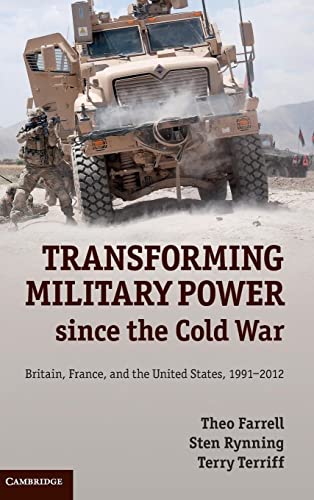
The Winning Weapon
by Gregg Herken
"The Atomic Bomb in the Cold War, 1945-1950"
Popularity
3.63 / 5
* A book's popularity is determined by how it compares to all other books on this website.
Where to buy?
Buy from Amazon* If you buy this book through the link above, we may receive a small commission at no extra cost to you.
The Winning Weapon by Gregg Herken
Details
War:
Cold War
Perspective:
Researcher
True Story:
Yes
Biography:
No
Region:
North America
Page Count:
442
Published Date:
2014
ISBN13:
9781400859603
Description
Brief Summary
The Winning Weapon by Gregg Herken is a compelling historical analysis that delves into the diplomatic strategies of the United States in the aftermath of World War II. Herken meticulously examines how American officials sought to leverage the atomic bomb as a strategic advantage in negotiations with the Soviet Union. The book further explores the failed attempts during the 1948 Berlin crisis and the State Department's opposition to international cooperation on nuclear affairs, all against the backdrop of the early Cold War era.
Main Themes and Topics
The central theme of The Winning Weapon revolves around the complexities of nuclear diplomacy in the post-World War II era. Herken sheds light on the intricate balance of power and the role of the atomic bomb in shaping foreign policy. One prominent topic is the use of the atom bomb as a diplomatic tool, illustrating the shift from military dominance to political leverage. The book also critically explores the internal struggles within the U.S. government, particularly the tensions between diplomatic efforts and scientific advocacy for international nuclear cooperation.
Writing Style and Tone
Gregg Herken's writing style is scholarly yet accessible, characterized by a meticulous attention to detail and a clear narrative structure. His tone is analytical, providing a balanced examination of both political and scientific perspectives. Herken effectively combines historical documentation with insightful commentary, making complex diplomatic and scientific issues understandable for a broad audience. The tone remains objective throughout, allowing readers to form their own opinions based on the presented evidence.









